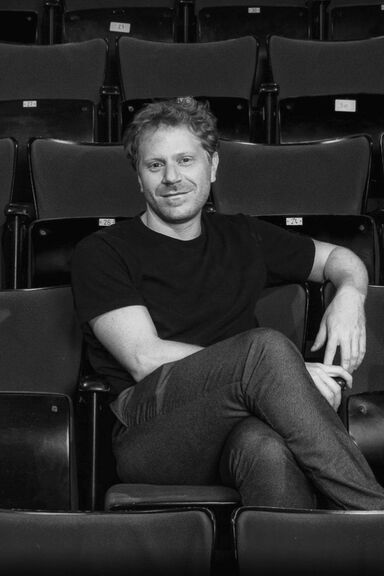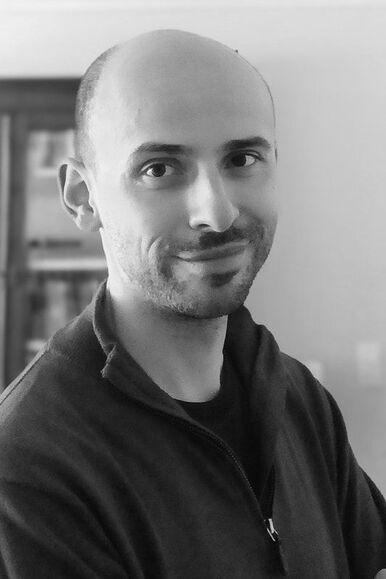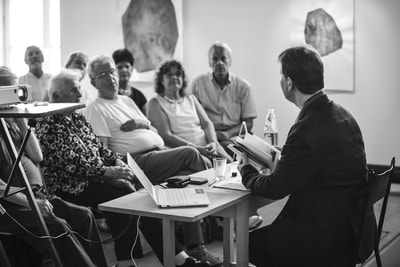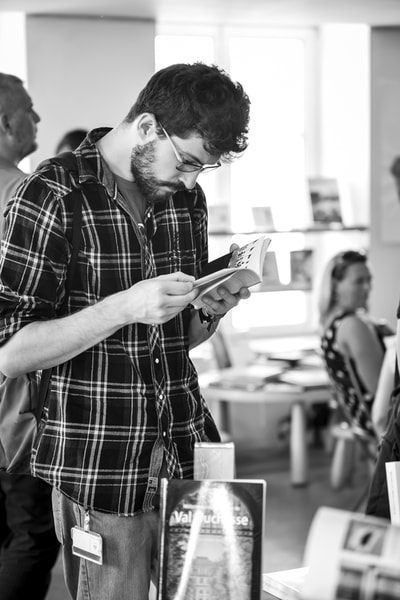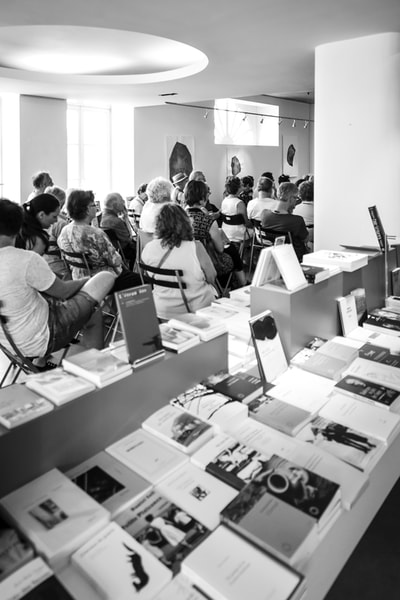MIDSUMMER MOZARTIADE
|
Thursday 20.6 | 17:00
by Charles-Henry Boland (in French) THE ITALIAN PENINSULA: A COMPULSORY DESTINATION FOR COMPOSERS? From the end of the Renaissance onwards, countless musicians journeyed to Dante's homeland. Whether they were travelling there to get a better musical education, to immerse themselves in a more vibrant culture, to test their scores on a more critical audience or to build a wider professional network, a trip to Italy was considered to be essential for composers aspiring to a European career. In this lecture, we examine the political, cultural and economic conditions that made the Italian peninsula such an attractive destination, not least for aspiring 18th century composers such as Handel and Mozart. Charles-Henry Boland studied musicology and philosophy at ULB. Since 2016, he has worked at the production company Outhere Music, specialising in classical and contemporary music. He also teaches a music appreciation and analysis course at the Royal Conservatory of Brussels and gives regular Introductory talks for La Monnaie. He works also with theatre companies as a vocal coach and music arranger. |
|
Friday 21.6 | 17:00
by Hugo Rodriguez (in French) OPERA SERIA, OR THE STORY OF A TRENDY BUSINESS TURNED CULTURAL HERITAGE This lecture examines the history of this art form, highlighting its evolution from what it was in the 18th century (a thriving market for musical theatre productions) to what it has become in the 21st century (a somewhat dusty musical legacy). Nowadays, the term opera seria brings to mind works by a few big names (Vivaldi, Handel and, of course, Mozart) and some rather outdated features (castrati, virtuoso arias, heroic plots, elaborate sets). In the 18th century, by contrast, opera was a viral phenomenon that touched all levels of society, a format that could be adapted to a variety of contexts, and a lucrative, competitive economic market which embodied the most widely held moral values. There is clearly a paradox here: Although opera seria has since become a legitimate feature of the classical music repertoire, we view it as an art form far removed from our contemporary aesthetic criteria. Nonetheless, it was once a socio-economic phenomenon closely resembling another component of present-day reality: the entertainment industry. How does this shift influence the way we perceive and value opera seria today? Hugo Rodriguez is currently curator of the library at the Royal Conservatory of Brussels. He has previously worked at the Royal Library of Belgium (KBR) and the Musical Instrument Museum (MIM). He holds a doctorate in musicology from the Free University of Brussels, where he now teaches, and is the author of a dissertation on the question of meaning in music, viewed from the intersection of history, philosophy and cognitive science. He also conducts ongoing research on comedy in music and on Belgian musical life. He was a curator of the exhibition ‘Toots 100: The Sound of a Belgian Legend’ and co-organised other projects (symposia, conferences, concerts, publications) to mark the centenary of Toots Thielemans' birth. |
'MAISON CFC' - PUBLISHERS & BOOKSTORE
Maison CFC is located on the ground floor of a neoclassical building on the emblematic 'Place des Martyrs' in Brussels. There it develops a project with two complementary domains: publishing and bookselling. Its policy of publishing, distributing and promoting books, as well as running its own bookshop, is reflected in the publication of works and the organisation of events such as exhibitions, lectures, meetings, workshops, tours, concerts and performances. Its main objective is to promote cultural heritage as well as artistic and literary life in the French-speaking community of Brussels. Known from 1992 under the name 'Quartiers Latins', the venue was renamed 'Maison CFC - éditions & librairie' in 2017.
www.maisoncfc.be
Maison CFC is located on the ground floor of a neoclassical building on the emblematic 'Place des Martyrs' in Brussels. There it develops a project with two complementary domains: publishing and bookselling. Its policy of publishing, distributing and promoting books, as well as running its own bookshop, is reflected in the publication of works and the organisation of events such as exhibitions, lectures, meetings, workshops, tours, concerts and performances. Its main objective is to promote cultural heritage as well as artistic and literary life in the French-speaking community of Brussels. Known from 1992 under the name 'Quartiers Latins', the venue was renamed 'Maison CFC - éditions & librairie' in 2017.
www.maisoncfc.be
